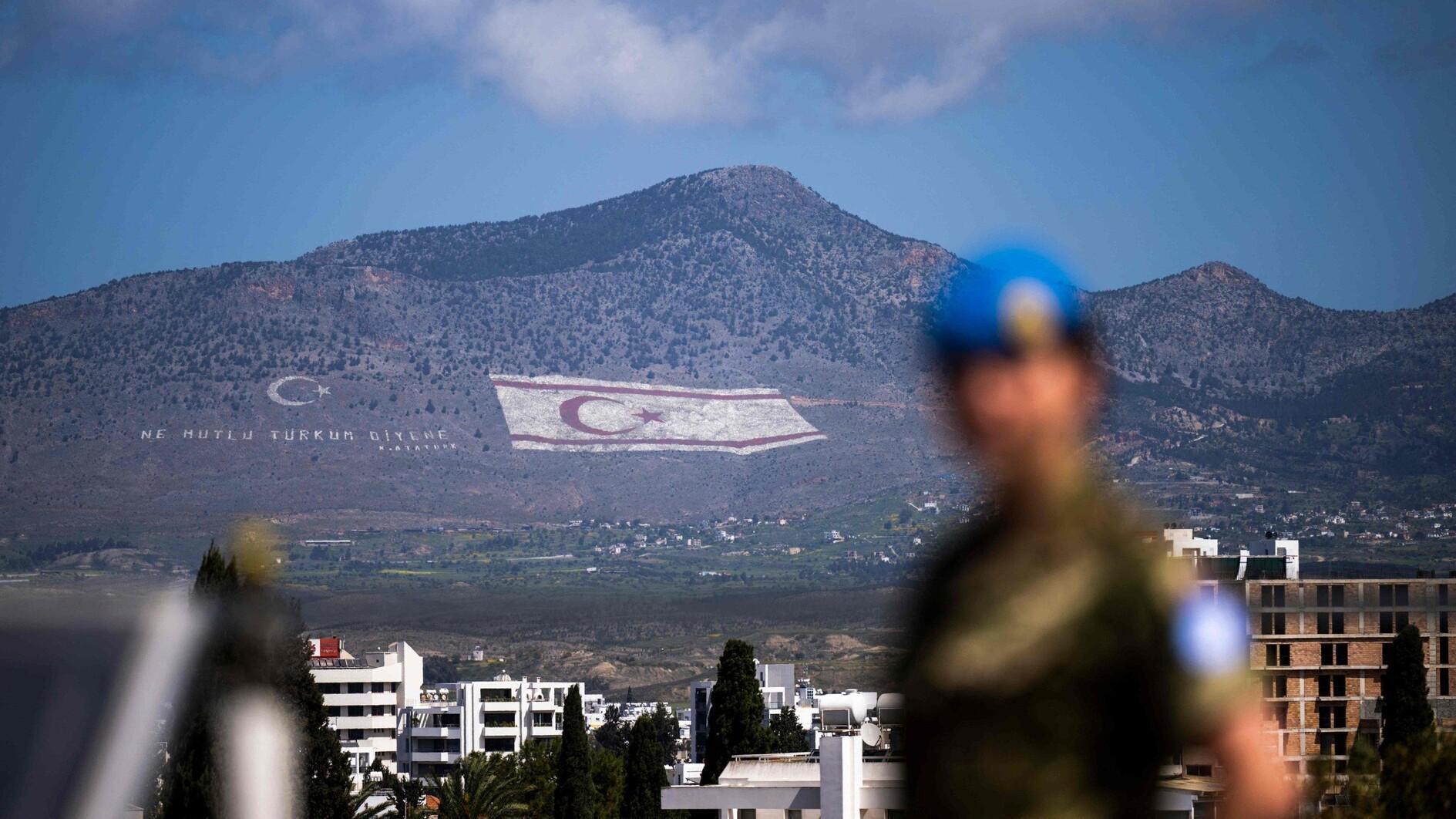Turkey–EU relations: Like watching paint dry
It is apparent now that the drop in tourists visiting Turkey, especially from Europe, is not only due to fear of terror attacks. Several countries have been hit by terrorism, but none have suffered such a big loss as Turkey.
As I was recently told by one foreign official: “As long as that man is there, no tourist from Europe will come.” The man in question is Turkish President Recep Tayyip Erdoğan. This is something Turkish tourism industry players have been hearing for some time.
As a result, supplying incentives like providing $6,000 in financial backing to charter flights will not solve the problem. European tourists do not want to come to a country where intellectuals, journalists and academics are languishing in jail.
Economy minister going to the wrong capital
Turkish Economy Nihat Zeybekci is well aware of the importance of the Customs Union deal with the European Union and will be heading to Europe in the coming days to try to update it.
Speaking at the iftar fast-breaking meal hosted by the Foreign Economic Relations Council (DEİK) on June 20, Zeybekci mentioned the shortcomings of the treaty but stressed that Turkey still benefited. “In the current state we are a net winner,” he said.
It has now been two years since Turkey and the EU decided to upgrade the Customs Union. It was planned to be modernized by including trade in services, agricultural products and public procurement.
The European Commission believes such an update will be a win-win for both sides. It believes European economies will greatly benefit from an upgrading of the Customs Union with Turkey. According to Zeybekci, Turkey can by itself contribute to the EU’s growth level.
He will be heading to Brussels on June 23 to conduct talks on the issue, but he is going to the wrong address. The European Commission does not need convincing. Commission officials are waiting for a mandate from EU member states, and the go-ahead is not coming. Greek Cyprus and Austria are among the usual suspects blocking progress, but if it were not for them other usual suspects would have lined up to abstain from giving the green light.
The Greek Cypriots could not care less about Turkish journalists in jail, but other member countries say they have political reservations about taking the step. Turkish officials object, saying the Customs Union should not be hijacked by political issues.
It seems that some European capitals think they can use the start of Custom Union update talks as leverage. After all, Turkey’s president needs a better economic performance to get the required 50 percent of the votes plus one to get reelected in 2019. An upgraded Customs Union would indeed boost the Turkish economy, but it is expected to take two years to negotiate. What’s more, approval from the European Parliament is required for it to enter into force, as well as approval from the national parliaments of all member countries.
President Erdoğan seems unwilling to improve Turkey’s image, despite serious losses being suffered in the country’s tourism industry, which has for years made an important contribution to Turkey’s economic growth. So the Customs Union update - approval of which remains uncertain in Europe and the effect of which will be felt much later than the 2019 presidential election – cannot really serve as leverage.
Visa-free travel to Europe, however, could be a better scheme to use to leverage some kind of improvement. While most of Erdoğan’s supporters do not have passports and probably do not even intend to travel to Europe, the psychological effect such a deal would have among his voter base may be tempting for the president.
EU Enlargement Commissioner Johannes Hahn is expected to come to Turkey soon to talk about the refugee deal, which included visa-free travel to Europe provided Turkey fulfilled 72 criteria. An amendment to Turkey’s anti-terror law remains a key obstacle in the talks, and the two sides are expected to start negotiating again to find a compromise.
Turkey–EU relations are still not dead, but seeing any improvement will be like watching paint dry.











